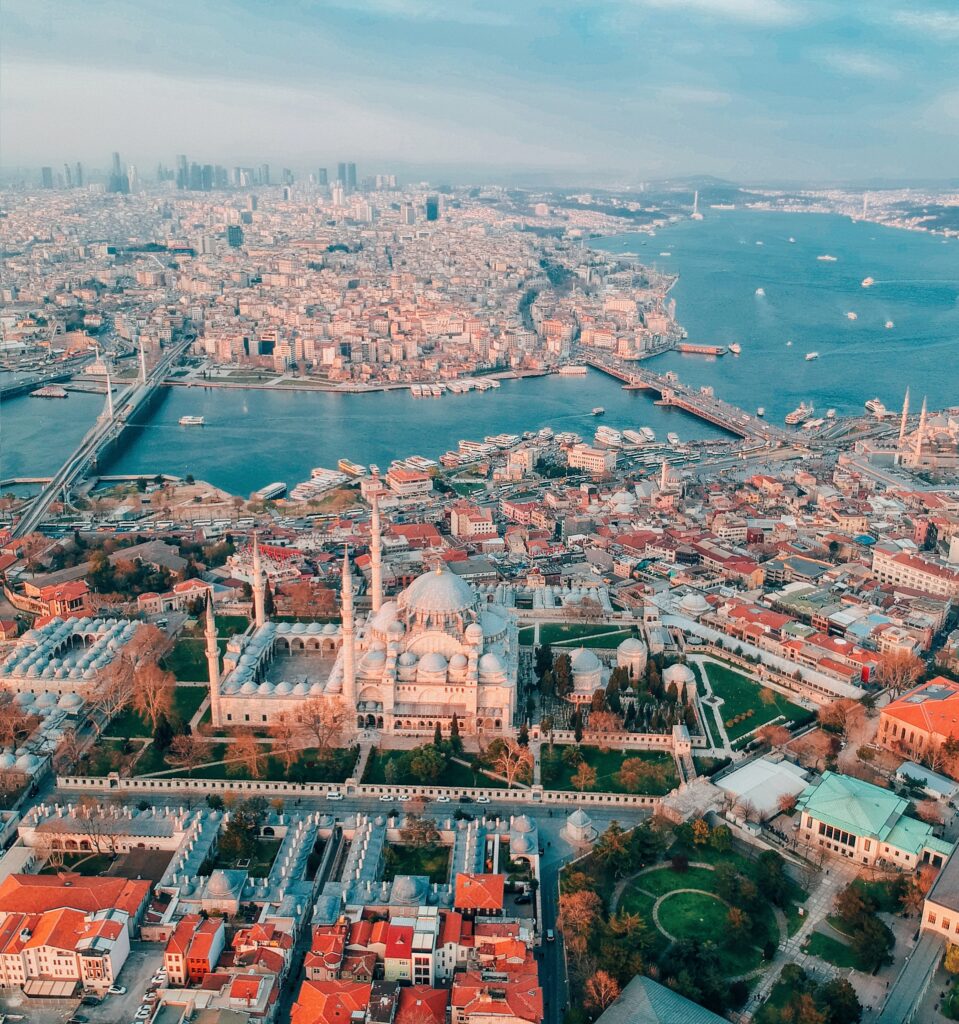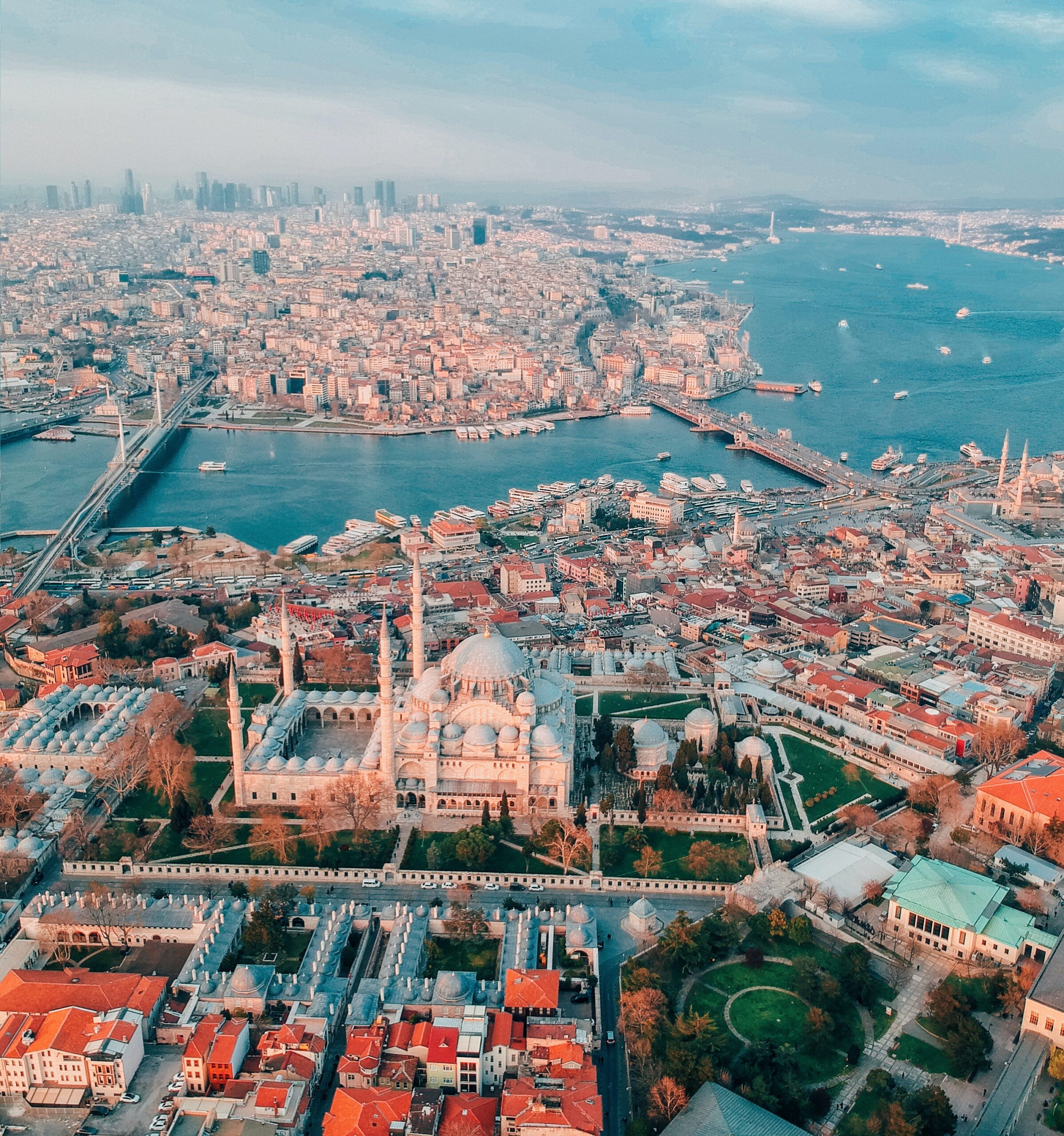Despite its historical significance, cultural richness, and global renown, Istanbul is not the capital of Turkey. That designation goes to Ankara. The decision to make Ankara the capital was driven by strategic, economic, and symbolic considerations during the founding of modern Turkey in the early 20th century.

The Birth of Modern Turkey and Capital Shift
The decision to move the capital from Istanbul to Ankara was made during the formation of the Republic of Turkey. Following the defeat of the Ottoman Empire in World War I, the country underwent a significant transition led by Mustafa Kemal Atatürk.
Strategic Positioning
One of the main reasons for choosing Ankara was its strategic location. Situated in the heart of Turkey, Ankara was seen as more defendable, being far from the coasts and borders, during a volatile time of foreign invasions and territorial negotiations. During the War of Independence (1919-1923), Ankara was the base of the nationalist movement, further solidifying its central role.
Symbolic Considerations
Moving the capital to Ankara also had significant symbolic importance. Istanbul, with its imperial past, was the capital of the Ottoman Empire, embodying centuries of sultanate rule. The shift to Ankara represented a clean break from this past and underscored the new Republic’s principles of nationalism and republicanism.
Economic Factors
Economic reasons also played a role. Atatürk aimed to promote development in the interior regions of Turkey, and making Ankara the capital facilitated this by ensuring balanced economic growth and population distribution across the country. Over the decades, Ankara has indeed grown into a significant center for politics, culture, and industry.
Conclusion
In summary, although Istanbul has a rich historical significance and remains an important global city, the decision to make Ankara the capital of Turkey was driven by strategic, symbolic, and economic reasons during a pivotal period in the country’s history. The shift symbolized a fresh start for the nascent Republic, representing a new focus on modernity, national identity, and balanced regional development.

